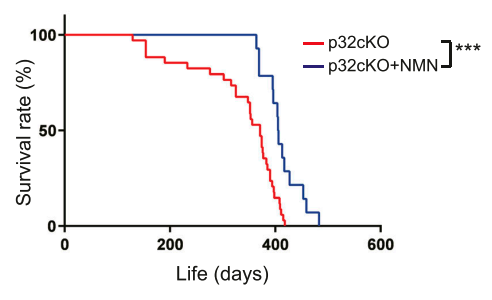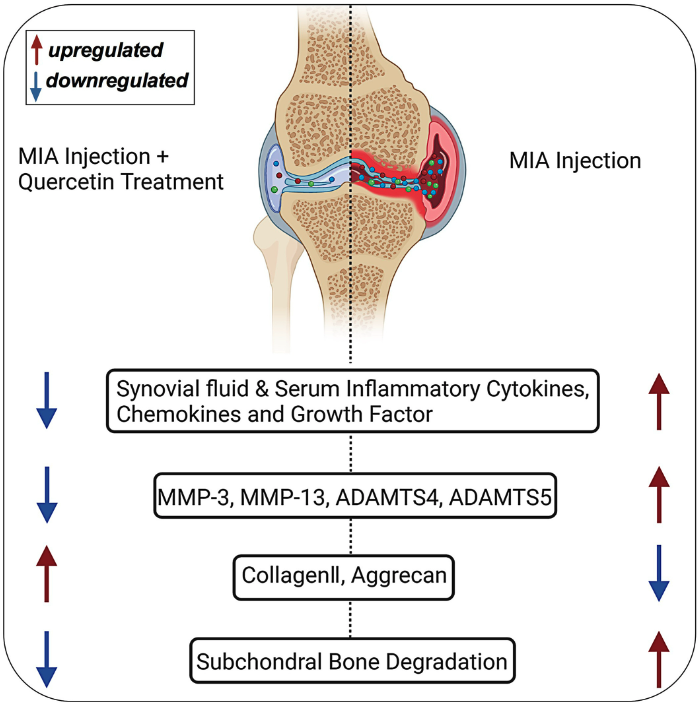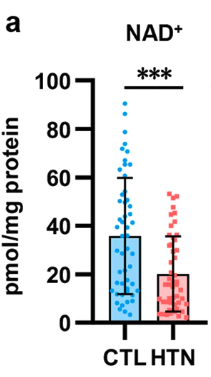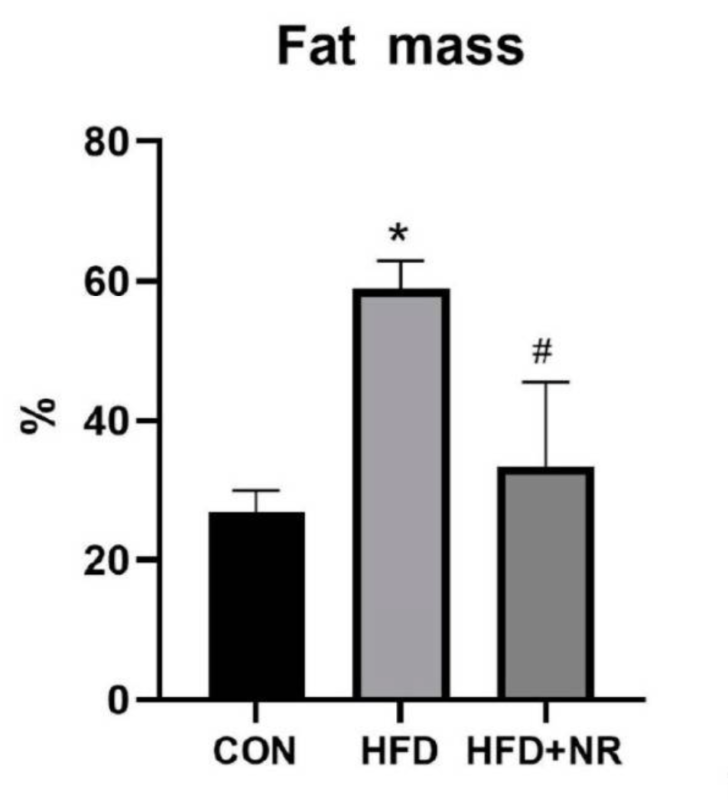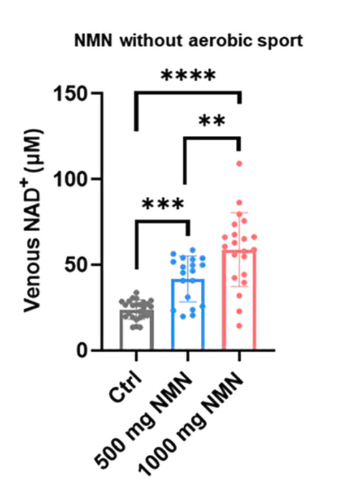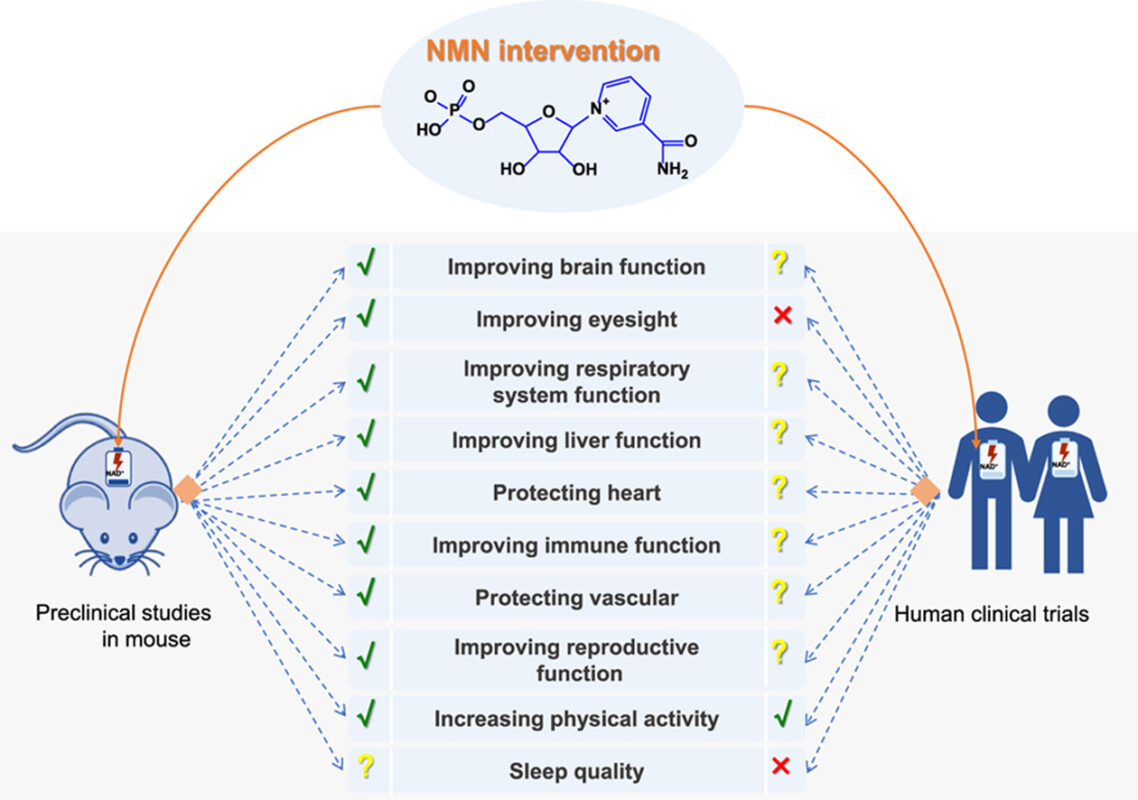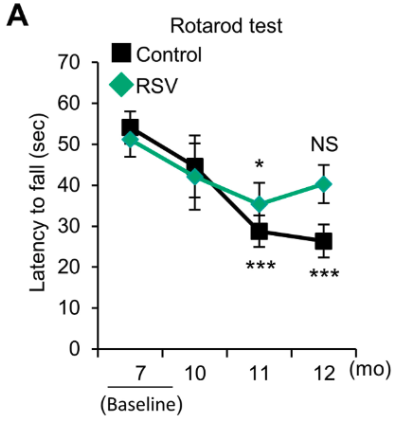Hesperidin is a flavonoid, a type of plant compound that has been shown to have a wide range of health benefits. It is found primarily in citrus fruits, such as oranges, lemons, grapefruit, and limes. Hesperidin exhibits anti-inflammatory and antioxidant activity, protecting cells from two key contributors to the onset of age-related and chronic diseases: inflammation and oxidative stress.
Category Archives: NAD+
Modern research supports the traditional uses of Ashwaganda, showing it may help reduce stress, anxiety, fatigue, improve cognitive function, boost the immune system, and help manage blood sugar levels.
“These results suggest that NMN treatment functionally ameliorated or prevented exacerbation of heart failure in p32 cardiomyocyte–specific knockout mice, thereby prolonging their lifespan.”
This study showed that Quercetin protected rats with osteoarthritis against bone and cartilage damage by reducing inflammation and modulating levels of proteins associated with cartilage health.
“Overall, the present study may shed new light on novel strategies in which NAD+ boosting therapy, including NMN supplement and CD38 inhibition, may turn out to be a promising therapeutic measure to treat patients with hypertension.”
This study showed that NR supplementation protected mice from HFD-induced metabolic dysfunction, specifically through protecting mitochondrial function in the skeletal muscle.
More than 240 clinical trials have been conducted to understand the potential health effects of Resveratrol. Evidence suggests Resveratrol may enhance longevity, heart health, glucose and fat metabolism, and bone health.
This study revealed a new technique to quickly, accurately, and inexpensively test blood NAD+ levels in humans to allow repeated testing throughout the day in clinical settings, and eventually at home.
Using this method, they were able to identify 6 different combinations of molecules that can be used to “reset” the age of cells to a youthful, healthy state.
A clinical trial examined Coenzyme Q10’s (CoQ10’s) effects on episodic migraines in women, finding significant reductions in migraine frequency, duration, severity. CoQ10 also reduced the levels of TNF-ɑ and CGRP, a peptide linked to migraines that promotes inflammation and pain signaling.
Resveratrol supplementation effectively protected mice against age-related muscle mass loss, heart cell enlargement, and motor dysfunction.
Resveratrol supplementation effectively protected mice against age-related muscle mass loss, heart cell enlargement, and motor dysfunction.
CoQ10 may extend its potential benefits beyond its traditional role in energy production. Emerging research suggests it could provide cardioprotective effects and reduce migraine symptoms. Moreover, its anti-inflammatory and antioxidant properties have shown promise in addressing age-related disorders and various diseases.



